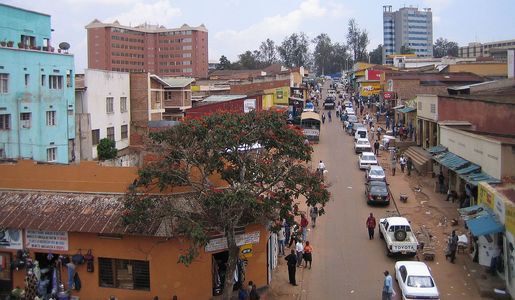Longman in Ozy on Fighting Signs of Poverty in Rwanda
Timothy Longman, Associate Professor of International Relations and Political Science and Director of the African Studies Center at the Frederick S. Pardee School of Global Studies, was recently interviewed about Rwandan laws aimed at making the nation a middle-income country by 2020.
Longman was interviewed for an August 5, 2016 article on Ozy entitled “Why One Country Banned Bare Feet.”
From the text of the article:
The official government line is that these environmentally conscious measures promote good health. Thatched roofs trap moisture, grow mold and give refuge to bugs. Public urination, we can all agree, isn’t sanitary. Sharing drinks can spread disease, and street food isn’t regulated by health codes. Plastic bags are bad for the environment. But there’s another piece to the puzzle: There aren’t enough public restrooms, and people can’t always afford to follow the law. Some women are forced to share one pair of sandals to wear to the market, and if they go barefoot, the police will take the money they brought for food and purchase shoes. And the law banning straws might sound like an inconsequential dictum to foreigners, but it effectively bars sharing urwagwa, a locally brewed banana beer, through a common straw — a custom that symbolizes community trust. “Rather than fighting poverty, [these laws] fight signs of poverty,” says Timothy Longman, director of the African studies program at Boston University. The government of Rwanda did not comment.
Longman’s current research focuses on state -society relations in Africa, looking particularly at human rights, transitional justice, democratization, civil society, the politics of race and ethnicity, religion and politics, and women and politics. You can read more about him here.
